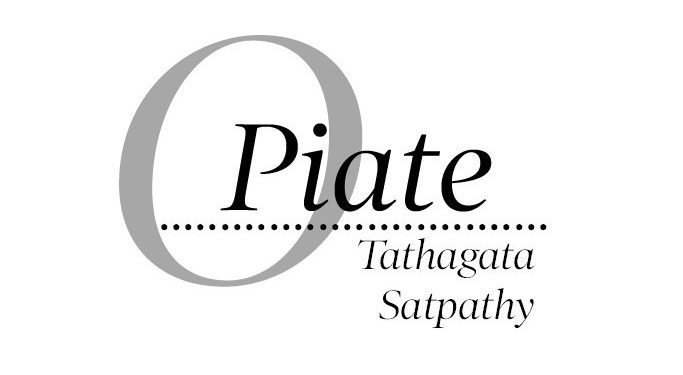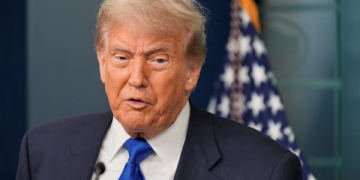The death of Vandana Mishra, Chairperson of the Kanpur chapter of the women’s wing of Indian Industries Association last week demonstrated one of the ugliest aspects of the feudal mindset of Indians. 50 year old Vandana had recovered from Covid-19 a month and a half ago. She suddenly felt breathless and her son decided to drive her to a private hospital in Sarvoday Nagar of Kanpur. Unfortunately for Vandana, her car had to cross the Govindpuri rail overbridge en route to the hospital. When her son reached the overbridge, it had been sealed by the police. When the police personnel deployed at the spot were informed about the patient and her need to reach the hospital immediately, they were unrelenting. The wait and delay in medical attention caused Vandana’s death.
The reason for blocking the rail overbridge at Govindpuri should shock every thinking Indian. The President of India Ram Nath Kovind and his family were travelling by a special train to Kanpur Central station. The President’s train was scheduled to go under the overbridge and therefore all road traffic on the bridge was stopped. Vandana’s death was primarily due to VVIP movement which had nothing to do with the road traffic. It is also not as if President Kovind was travelling in an open rail car. If the police would not have stopped the traffic on the bridge, most citizens probably would not have been aware that the President’s train had passed under the road. This mentality of Indians is the result of centuries of subjugation by feudal lords. We have become accustomed to bow to the masters in such a manner that our intellect is always at their feet. Basing on this mindset, governments have created a blue book of protocols that seems to have become the most powerful weapon against citizenry. This system of protocol is unable to accept a situation where the President’s head passes under the feet of common people of this country. It is absurd to think that these have any relevance to security and safety. Had it simply been a question of physical safety of the President and his entourage, then the police could have lined up armed personnel on both sides of the overbridge and ensured no car stopped or no passenger alighted on the bridge.
Vandana’s death is not a solitary incident which happened due to VVIP movement. Many cases of deaths and extreme harassment have been reported from Delhi roads primarily because of VVIP movement. This shows our subservient attitude towards the rulers. The funny aspect is that the ‘ruler’ of today is an elected person who has been voted for a temporary assignment. The beauty of democracy is change. The old English adage of ‘Change is Permanent’ should be the driving force in a democratic country. However, our bureaucracy relishes in subjugating people under various pretexts. For them to continue on their path of torturing the citizen, it has become important that the political bosses also start relishing these false and archaic feudal habits. To the great dismay of the average intelligent Indian, our elected representatives do, indeed, fall into the trap of these frills very willingly.
This is not to underestimate the security issues of the top people in this country. In a changed world, for a sophisticated enemy, attacking any individual is not a great challenge. This has especially been proven by the drone attacks on Jammu Airbase Sunday. A more powerful drone attack had been launched against Saudi Arabia’s oil pipelines by Yemeni rebels some months ago, thereby crippling oil movement in the richest kingdom of the world. Such attacks have become the norm in modern day warfare. Therefore, India has to improve its abilities in VVIP security. Age old system of hindering citizens from going about their normal lives is unacceptable in today’s world. Discreet methods of surveillance and effective intelligence gathering could very easily displace the baton wielding pot belied havildar from security duties. However, the Indian police, always talking of reforms, is incapable of comprehending and accepting such changes and challenges.
Trump’s Round Table
India is one of 60 countries the US has invited to join President Donald Trump’s controversial “Board of Peace” initiative...
Read moreDetails





































